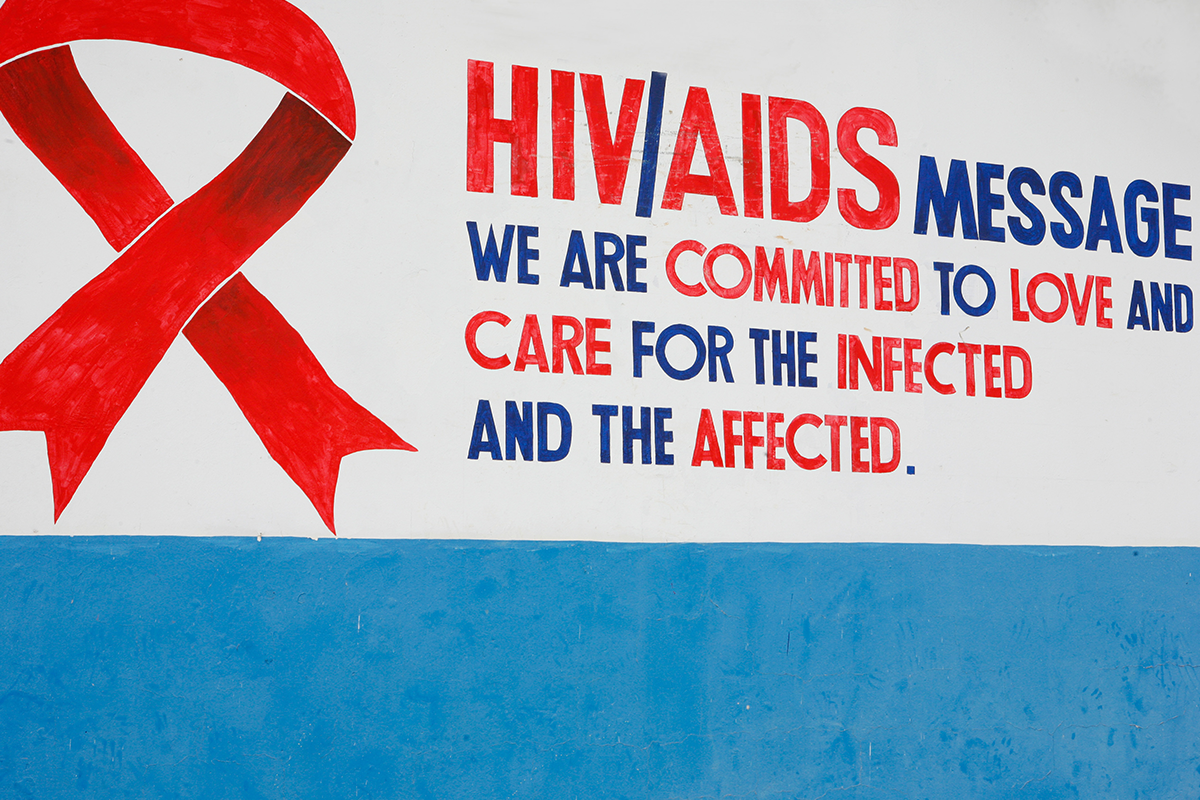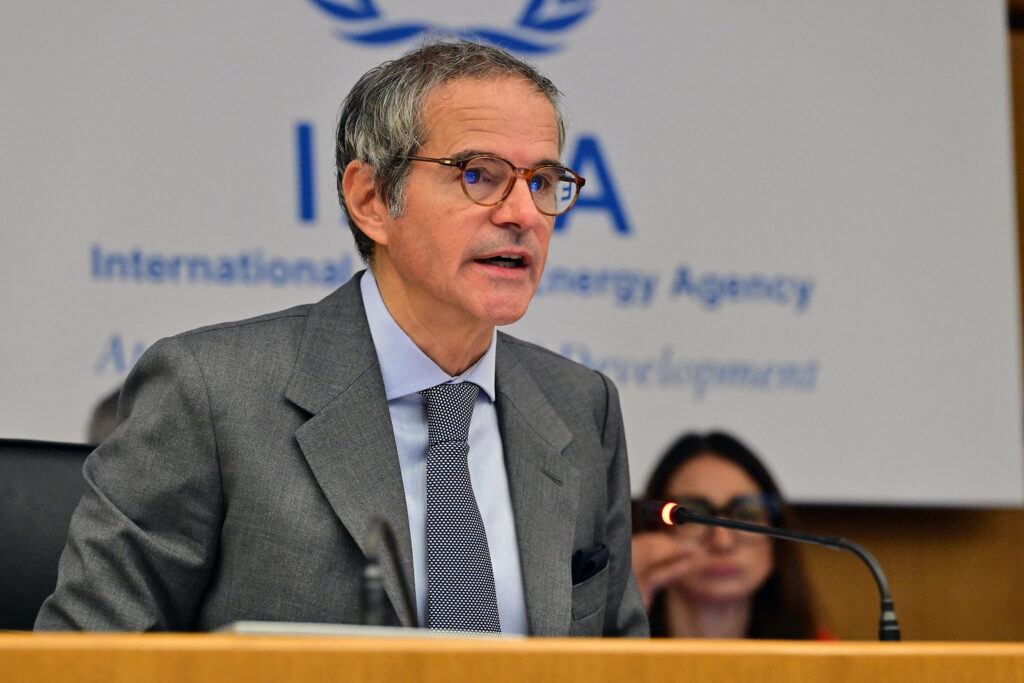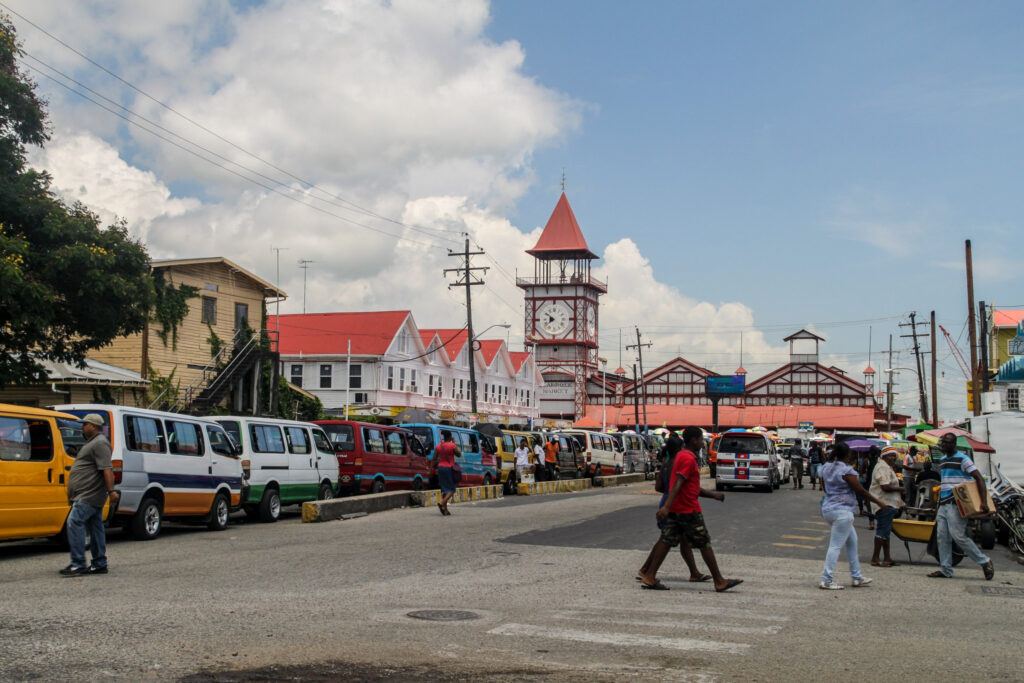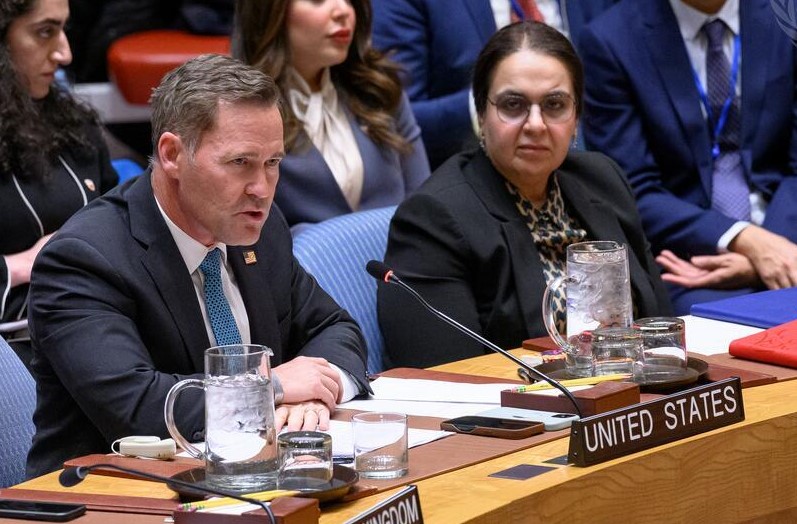On the occasion of the 20th anniversary of the landmark PEPFAR legislation, Better World Campaign president, Peter Yeo, wrote a piece for STAT News on how American investment in AIDS work has shaped global health. We sat down with Yeo — who was central in negotiations for both the first bill and its reauthorization — to talk about his role in PEPFAR and how lessons from PEPFAR show up in today’s global health landscape.
BWC: Before we talk about the current state of global health, let’s start with your efforts in the early days of PEPFAR planning. Sounds like you were able to bring together some pretty unlikely partners. Who were the key players that helped get the legislation over the line?
Peter Yeo: What made PEPFAR possible were the individuals committed to its passage. We had this remarkable coalition of advocacy groups and faith organizations, including those with lived experience and the clinicians caring for them. And it was always bipartisan, welcoming Democrats like Rep. Tom Lantos (CA) and Rep. Barbara Lee (CA) and Republicans like Rep. Henry Hyde (IL) and Rep. Mike Pence (IN), who were instrumental in shepherding the process. We also had the incredible participation of Congressional teams. Staff, in particular, were tirelessly committed to each other and to advancing game-changing legislation that reflected the principles and people we were striving to embody.
BWC: Twenty years later, PEPFAR continues to be reauthorized with overwhelming support. Why do you think it’s had so much staying power?
Peter Yeo: Honestly, I believe most Republicans and Democrats come to Washington to get work done. From the very onset of negotiations, people wanted PEPFAR to pass. While President Bush may have catalyzed the movement, members of Congress were just as busy calling their colleagues and constituents to keep up the pressure. We had all sides at the table from the get-go. And two decades later, I think that’s still largely the case. PEPFAR remains a beacon of bipartisanship and a reminder of our better selves. As a nation, we actually can get stuff done.
BWC: You’re a vocal advocate for negotiations taking place now with the World Health Organization’s 194 member states to develop a multilateral framework to prevent future pandemics. Any advice you’d give to policymakers involved in drafting the WHO pandemic accord?
Peter Yeo: The most important thing people can do when they approach bold and potentially challenging negotiations is to make sure key players feel a sense of ownership in the process. Getting all the right people in the process from the very start makes it possible to do hard things, especially things that require compromise. And we know that diplomatic negotiations never provide any group with everything they want, but negotiations do require that every group stay engaged in the process – to be present, consulted, and respected. Process is everything; it’s how we get to yes.
BWC: Lastly, just as PEPFAR had its skeptics, the new WHO draft agreement has received some backlash from those who believe global health initiatives challenge domestic health priorities. What would you say to those who hold that perspective?
Peter Yeo: Fact is, the only way to prevent a future pandemic is through global cooperation. We learned during COVID that no country can go it alone or simply close its borders when it comes to disease. We also came out of the experience with a recognition that the health of people on one side of the world can materially impact people on the other.
So as we approach these negotiations, I’d say that the skeptics are right to warn that this will be a messy and complicated process. Global cooperation is hard work. That’s why it’s so important that people like Ambassador Pamela Hamamoto is representing U.S. interests in these complex conversations. It’s essential that we have principled, smart leadership in the mix; Hamamoto is exactly the right person for the job.
It’s also important we have an organization with the membership and mandate to translate these global negotiations into an actionable, transparent, and accountable framework. Indeed, I’d argue that if the World Health Organization didn’t already exist, the experience of COVID would inspire us to create an accountable global health body that can do this work.
But most importantly, to skeptics and supporters alike: stay engaged. We cannot build a better world if we don’t actively participate in it. And today, we have a real moment to create a better – and healthier – planet.




